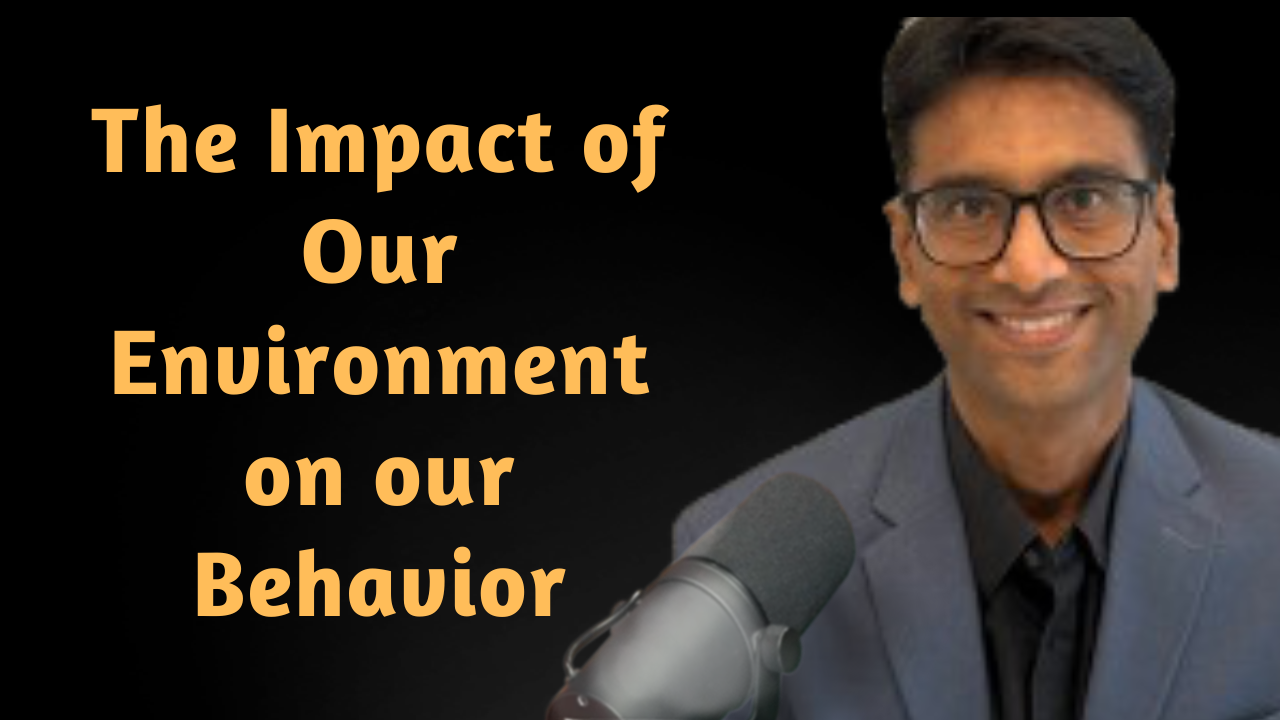
Premise:
I was watching a Chinese TV series “The Blood of Youth” on Netflix and in one of the episodes, there a teacher talks about the 6 attributes that kings should avoid. When I looked at the list, I believe it is relevant for all leaders, modern ones included.
This is relevant to us irrespective of whether we are already in a leadership position or if we have made the decision to be a leader.
So, here we go:
Arrogance:
If we are already in leadership positions, it goes without saying that we have had a good amount of success in our careers already. This also means that we are usually confident about our abilities. It is very easy for this confidence to turn into arrogance if we are not careful.
We have the possibility to become a good leader if we can be both humble (to know that we don’t know it all) and confident (to know that we know enough) at the same time. It is important to have people around us who can help maintain the balance between humility and confidence.
In the past, it was the job of the court clown to tell the naked truth, maybe in a funny way, and get away with it. The question we need to ask is do we have someone who could do the same thing for us.
Boastful:
There is no bigger turn-off for people than someone who is always boasting about how great they are and how much they have achieved or whom they have access to or anything else that conveys status, in one form or another.
And if that comes from a leader, it is even worse. It tells people that we lack emotional intelligence. And it leads to everyone trying to emulate us and do what is known as one-upmanship. This leads to a culture, where talking about how great we are is more important than doing great things, which is exactly the opposite of what we want.
Instead, if we as leaders use every opportunity to talk about the great things that the people whom we lead are doing (specific and timely) and how proud we are of them, we create a culture where everyone knows that good work will be recognised and rewarded. And more importantly, no one must be boasting about their own work.
Thin skinned:
Being thin skinned is about getting offended very quickly and for fickle reasons. This leads to people tip toeing around us and, not be candid with us. This creates an environment in which we often get disconnected with the reality.
As leaders, we need to be open to feedback – both positive and critical. This helps us stay in contact with reality and provides us the opportunity to contribute. Being humble and confident at the same time enables us to avoid being thin skinned.
Show off:
Unnecessary show of power and display of our leadership credentials is another thing that puts people off. Our power and credentials come from the respect and trust that our people have for our work and on us. Nothing else can come close to that.
Again, being humble is what us away from showing off. I cannot reiterate this enough. At Some level, being a leader is all about serving those who are in our charge. We are responsible for their success.
Our success lies in their success, so, in a way we are serving the people we lead, and not the other way around. Remembering this will allow us to stay humble and avoid showing off.
Self-righteous:
Self righteousness is an attitude and belief of being morally superior to everyone else around us. The moment we think we are morally superior to others around us, we have already alienated everyone around us.
For us to be successful as leaders, we need the support and trust of everyone around us. This includes the people we lead, our peers and people who lead us. Self righteousness in its best case at fuel to our ego and in the worst case, makes a fool out of us.
When we feel self-righteous, the first thing that we need to do is to seek contrary opinion. We need to look at different perspectives and seek out people who have different opinions from us and talk to them to understand their points of you. This will help us stay away from becoming self-righteous.
Ruthless:
The most common mistake that I see leaders make most often, is to become ruthless in pursuit of their goals. Their obsession with high performance, and being successful as leaders outshines their true responsibility, which is to help their teams be successful. They failed to understand that ruthlessness is not the answer for high-performance.
True high-performance Is achieved when the team comes together, support each other, brings their best game to the play, knowing fully well that they are leader will support them in every way. It is also important that they feel that the team goals or collective goals.
Ruthless leaders may appear to be successful in the short term but definitely suffer in the long-term. The test of true leadership is in consistently delivering performance over long period of time. That can never be achieved by being ruthless.
In conclusion:
In conclusion, I can only say that being humble Is the single, most important characteristic that we need to develop as leaders. confidence in our ability and our teams’ abilities to achieve high-performance comes along with that.
Our true role is leader is to help our teams achieve their goals, which we can align to our team goals.


